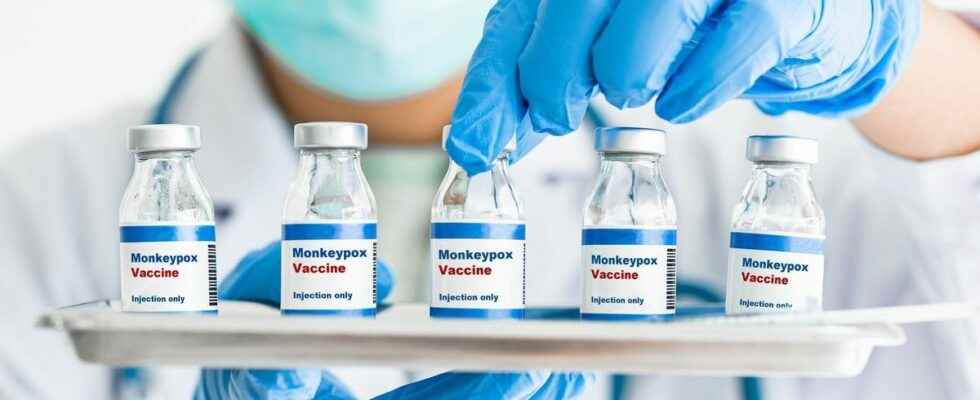Published on
Updated
Reading 2 mins.
In international scientific language, monkey pox, or “monkeypox”, will henceforth be called “mpox”. A necessary name change, according to the WHO, against racist remarks noted in many countries.
We don’t talk about it much, but monkey pox (or monkeypox) is still there. And if today, the monkeypx is at the heart of the news, it is because an important detail has changed in this disease: its name. According to the World Health Organization, monkeypox will soon be pronounced simply “mpox”. And there is a reason for that.
A shorter name to avoid stigma
According to the World Health Organization (WHO), when the monkeypox outbreak spread earlier this year, racist and stigmatizing language online, in other settings and in some communities was observed and reported. by many countries. “In several meetings, both public and private, a number of people and countries raised their concerns and asked the WHO to propose a way forward to change the name.” discusses the organization in a press release.
Following a series of consultations with global experts, the more neutral name mpox was chosen. The WHO, which has the authority to name new diseases, announced on November 28 that it will start using a new preferred term “mpox” as a synonym for monkeypox. The two names will be used concurrently for a year while “monkeypox” is phased out (although it will still be searchable in the International Disease Classification).
Are we out of the Mpox epidemic?
Knowing how to mention monkeypox is indeed important: despite a decline in the epidemic, it has not disappeared and may present a risk of resurgence in the weeks or months to come.
Again on Monday, the Committee for Monitoring and Anticipating Health Risks (Covars), successor to the Scientific Council, called for a certain vigilance in France: “The current epidemic is decreasing significantly, but it remains difficult to assess the risks of rebound or resurgence of monkeypox due to a large number of unknowns”.
Similarly, the committee reiterated the importance of not moving on too quickly to something else: “If behavior slackens and vaccination coverage remains insufficient,” the committee does not, however, rule out a “epidemic rebound”. About 132,750 vaccinations had been carried out in France as of November 17, on a target population “estimated between 100,000 and 300,000 people, depending on the intensity of the risk”.
In the medium and long term, the Covars also considers the elimination of the “mpox”, at the International scale. An epidemic or even seasonal resumption in France cannot be ruled out.
